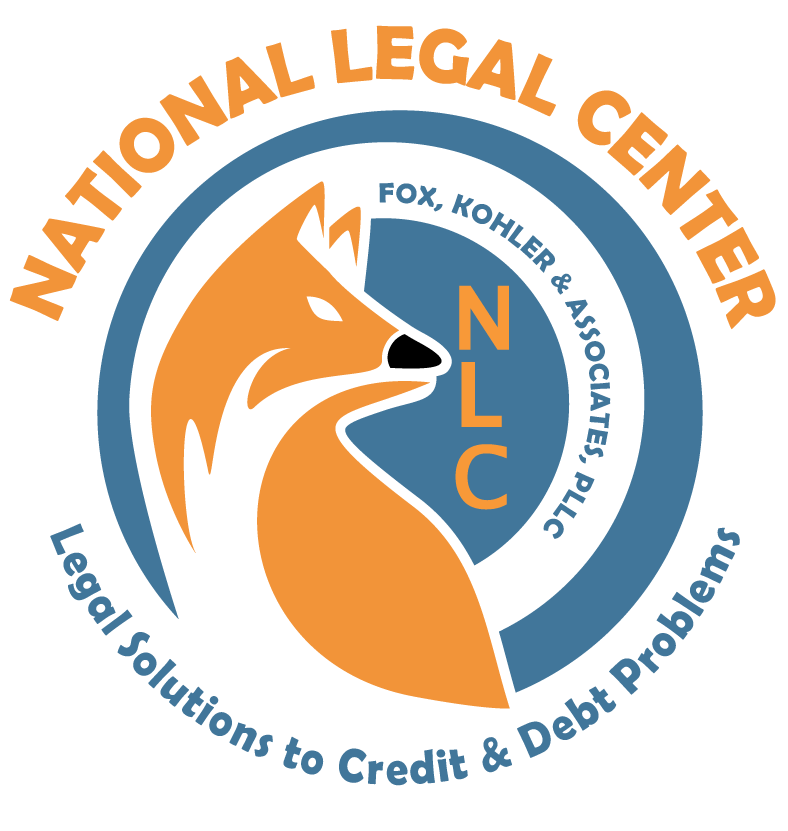Merchant cash advances (MCAs) can seem like a lifesaver for small businesses in a bind. MCA providers like Blursoft, Credibly, and Reliant Funding provide businesses with a lump sum cash injection. The business then repays the advance with a predetermined percentage of their debit and credit card sales. This business financing solution is utilized by early start-ups or small business owners who would be unable to qualify elsewhere, potentially due to a bad credit score rating or unstable revenue.
MCAs are known to have very high fees and often lead the borrower into an unending cycle of debt. In fact, many people and regulators believe the practice should be banned. BUT proponents of MCA’s believe they serve a very real purpose by helping businesses (usually struggling businesses, to be specific) obtain the funding needed to keep the operation alive. They wouldn’t meet traditional lenders underwriting criteria, leaving MCA providers the only viable option.
Let’s take a closer look at this unique business financing solution and what to do when you can’t foot the bill.

What is a Merchant Cash Advance?
A merchant cash advance, or MCA, provides businesses with access to a lump sum of cash in exchange for a percentage of their future sales. A merchant cash advance is not technically a loan. Rather than a financing agreement, the provider purchases a portion of the business’s future debit and credit card sales for a certain period of time.
Here’s how it works:
A+ Construction Co is six weeks into an 8-week project. Half of the project was funded upfront to cover labor and materials, and the other half is due upon delivery. Five weeks into the project, they hit a gas pipe, and the repair put them $8,000 over budget. This is fine, but the cost left the business owner struggling to cover payroll. They need funding to help them navigate the next two weeks until the project is complete. Since they can’t qualify for a traditional business loan, they reach out to companies that offer business cash advances like Blursoft, Credibly, and Reliant Funding to get the funds to meet payroll. After reviewing the available options, A+ Construction Co decides to get an advance of $10,000 with a 20% holdback. This means that for the next eight weeks, instead of keeping all of their credit and debit card sales, the vendor will take 20% of each sale until they’ve recouped the $10,000 they advanced to A+ Construction Co.
That’s not considering the fee, of course.
In addition to the initial advance, the MCA provider will also charge a fee for the transaction. This fee is usually expressed as a factor rate. For example, if A+ Construction Co gets an advance of $10,000 and pays back 20% of their sales with a 1.35-factor rate, they will pay back about $13,500 by the end of the eight weeks.
The biggest downside to merchant cash advances is that they are very expensive. The fees and repayment terms can translate to rates as high as 350%, which quickly turn what was meant to be a short-term solution into a long-term financial burden. Factor in the risks of a restrictive loan application process and contract, and the MCA proves to be a very risky and expensive form of business funding.
Also, unlike normal credit cards or personal loans, these types of agreements are usually not considered consumer debt. This means federal laws protecting consumers do not usually apply and the collection tactics can be more aggressive than they are with personal or consumer debts.

What’s in a Name?
When discussing merchant cash advances, we’re talking about an advance of money. As we shared before, they aren’t issuing a loan. Instead, they’re purchasing future sales. If that feels like wordplay, that’s because it is. This creative compliance allows the MCA provider to avoid licensing requirements faced by lenders. For the most part, MCA providers are not lenders, and a merchant cash advance is not a loan.
However
People say what people say.
Several other terms for business “loans” fall under this same umbrella. You may also hear of this approach to business financing referred to as:
business cash advance
business advance loan
business cash loan
business payday loans
vendor cash loan
merchant payday loans
vendor advance loan
small business loan
merchant advance loan
What happens if I can’t pay a merchant cash advance (Blursoft and other vendors)?
If you cannot make payments on your merchant cash advance, you risk several consequences. These can include penalties and fees from the provider, damage to your credit score, seizure of business assets, and legal action, to name a few.
Advances tend to have tense payment deadlines and high-interest rates, so it is essential to carefully consider your options before committing to one.
If you are struggling with your merchant cash advance or are struggling to make payments, there are several steps you can take. These can include exploring other financing solutions (ideally other conventional forms), negotiating with the provider for more favorable terms, or restructuring your business’s budget to accommodate the requirements of your advance.
If you’re still unable to get and stay current, it’s important to seek advice and guidance from a business debt settlement attorney. Do this as soon as possible to assess your business’s risk and find a solution that works for both you and your business.
Work With a Business Debt Settlement Attorney at National Legal Center
If you are struggling with a merchant cash advance or other debt, the experienced business debt settlement attorneys at National Legal Center can help. Our team works with lenders, creditors, and MCA providers to negotiate more favorable terms for your business and find solutions that fit your unique needs. Contact us today to learn more.




